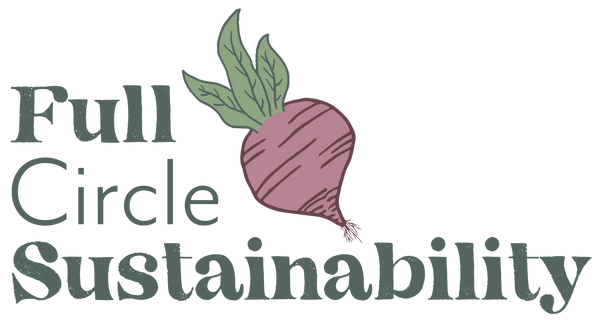
Leave Your Leaves
Doing the sustainable thing often takes some extra work, so it's great when being Earth-friendly turns out to be a time-saver. Instead of spending hours raking and burning your leaves or bagging them up to send to the landfill, try just mowing over them! This mulches them up so they will decompose quickly, serving as free fertilizer for your lawn. Or spread the leaf mulch over garden beds, where they will keep moisture in the soil and set you up for success in the spring. Chopping the leaves into little pieces will also help ensure that they don't fly across the neighborhood and clog up your storm drain, which can cause street flooding.
If you have a whole lot of leaves, you may still need to get out the rake. But add those excess leaves to a compost pile, take them to the Topeka Biomass Recycling Facility (Garick's) or create leaf mold—compost made just from leaves. Leaf mold takes a little longer to break down than regular compost that also includes green matter, but it will eventually turn into a nice crumbly source of carbon to add to your soil.
That's really the key here: Leaves are mostly carbon, and the goal is to get that carbon into the ground or taken up by other plants. Burning isn't a good option because it puts that carbon into the air. Bad for the climate, plus you'll be breathing carbon monoxide and other carcinogenic particles. And sending leaves to the landfill is even worse, climate-wise, because there they break down anaerobically (without oxygen). That releases methane, which is a much stronger greenhouse gas than carbon dioxide. Composting does release CO2 as well, but it's a natural and necessary biological process, and the climate impact is minimal when compared to the methane released when yard waste decomposes in a landfill.



